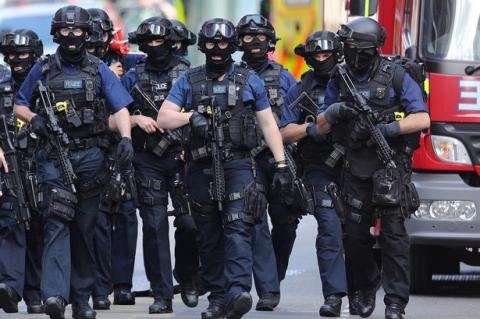A difficult choice
These terrorists are not usually individuals who were grossly wronged by the government. In fact, in most cases, they did not suffer significant hardships of any kind. Their actions are the result of very specific indoctrination, completely disconnected from their actual circumstances. That is why it is so difficult for authorities to predict who will perpetrate the next horrific attack. This challenge is at the root of the failure of intelligence agencies to prevent these attacks around the world.
While it seemed that the suicide bomber who targeted the Manchester concert on May 22 had help in planning the complex attack, Saturday's attack required no real preparation. An unremarkable van and a few kitchen knives were sufficient to carry out this abominable act. This was an example of why it is more difficult to gather preventive intelligence on this kind of terrorism, even though it was orchestrated by a terrorist cell rather than being the work of a lone attacker.
It is important to underscore that no country has been able to devise a way to completely prevent the type of terrorism that uses normal household items and regular cars. There will always be surprises when terrorists choose these kinds of methods, although it may still be possible to diminish this phenomenon.
Condolences and sympathies aside, it must be stated that simply talking about "eradicating terrorism" is not enough. Waiting for the moderate Islamist elements to defeat extremist Islam is futile.
We must take concrete steps: Change legislation, increase supervision of communities from which the next attack may come, and protect intelligence sources. This may prove less than ideal in terms of the law and the public's right to privacy, but we have no choice but to infringe on the privacy of potential future terrorists, even if it means this may affect individuals who have done nothing wrong.
Western society must decide what it values more: its privacy, in which case terrorist attacks the likes of which we witnessed Saturday will continue uninterrupted, or relinquishing a few rights in favor of decreasing the threat of terrorism. This will not be a simple decision to make.
Yaakov Amidror

